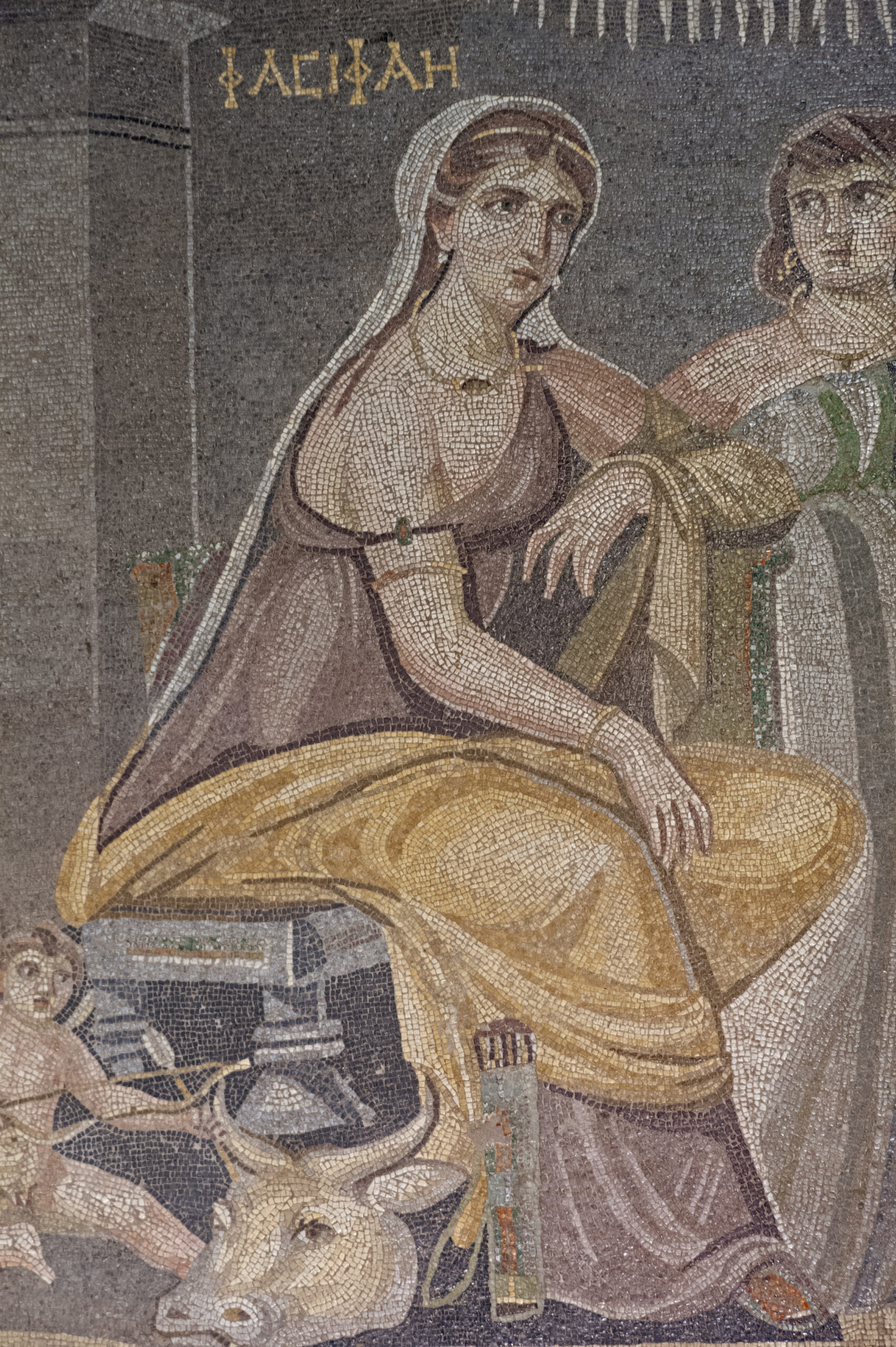Some do not speak from the central nave of the temple, but from the corridor where silence lingers longer. Their voices are not heard in daylight, yet they move the tides. Among these veiled presences is one who walks under the name Desire. She is not performer, nor siren, nor oracle in the usual sense. She is the modern mask of Pasiphaë, a forgotten lunar goddess whose rites were never meant for public light. Daughter of a solar lineage and yet keeper of nocturnal thresholds, Pasiphaë is entanglement. Her bloodline carries both labyrinth and gaze. She sings to reopen the wound.
From within her most recent vessel, a collection entitled The Judge, rises a particular song. Dangerous Drug is not about substance. It is about surrender. It does not intoxicate. It reveals the thresholds where selfhood begins to soften. This track is not for the many, but for those whose skin still remembers a language that was never written.
Beneath the synths and pulse lies something rarely spoken: the voice of a presence calling through symbolic debris. There are sisters made of silicon, floods of crimson, and a gaze named Medusa, not as punishment, but as mirror. The refrain “Behind the veil (why do you break it?)” is not a question. It is a permission. The listener is invited to cross, not in a trance, but in lucid sensation. The seduction is not aesthetic. It is ontological. The voice pulls gently, until the bones lean toward what they once denied.
For the listener who approaches this song as rite rather than entertainment, a ritual is offered for this Full Moon in Sagittarius. Begin by preparing a tea of rosemary and verbena, two plants sacred to lunar waters and solar memory. Allow the infusion to cool while exposed to open air or windowlight. Do not drink immediately. While the tea settles, draw a bath or fill a basin with warm salted water. If full immersion is not possible, bathing only the feet will suffice. Water should carry your own name, whispered once before contact.
As the song begins, extinguish all excess light. One candle, preferably white or dark red, may remain. A mirror should be placed flat or upright, but never for viewing, only for presence. It is not a surface, it is an opening. During the song, do not sing along. Do not analyze. Let the body interpret. Let the breath answer in rhythm. If tears come, do not wipe them. If stillness overtakes, let it remain.
When Medusa appears in the lyrics, listen closely. This is not a figure of horror. She is the face that breaks illusion. Not with cruelty, but with irreversible seeing. Her stare is the symbol of what cannot be unseen once named. In this song, she is not myth. She is memory. She waits behind the eyelids, not in stone, but in movement. She does not petrify. She repatriates. And, above her brow, in the night sky, the ancient fixed star Algol still pulses with her charge. Known to the astrologers of old as the most feared of lights, it bears the severed head of Medusa, yet this severing was never an ending. Algol marks the point where the gaze can no longer be deflected. She is the stellar echo of the moment when the Veil breaks, not from outside, but from within.
At the end, no words. No writing. Drink the tea slowly, with closed eyes. Wash the face with water from the basin, using both hands. Do not look in the mirror until the following day. Blow out the candle. Let the silence hold.
